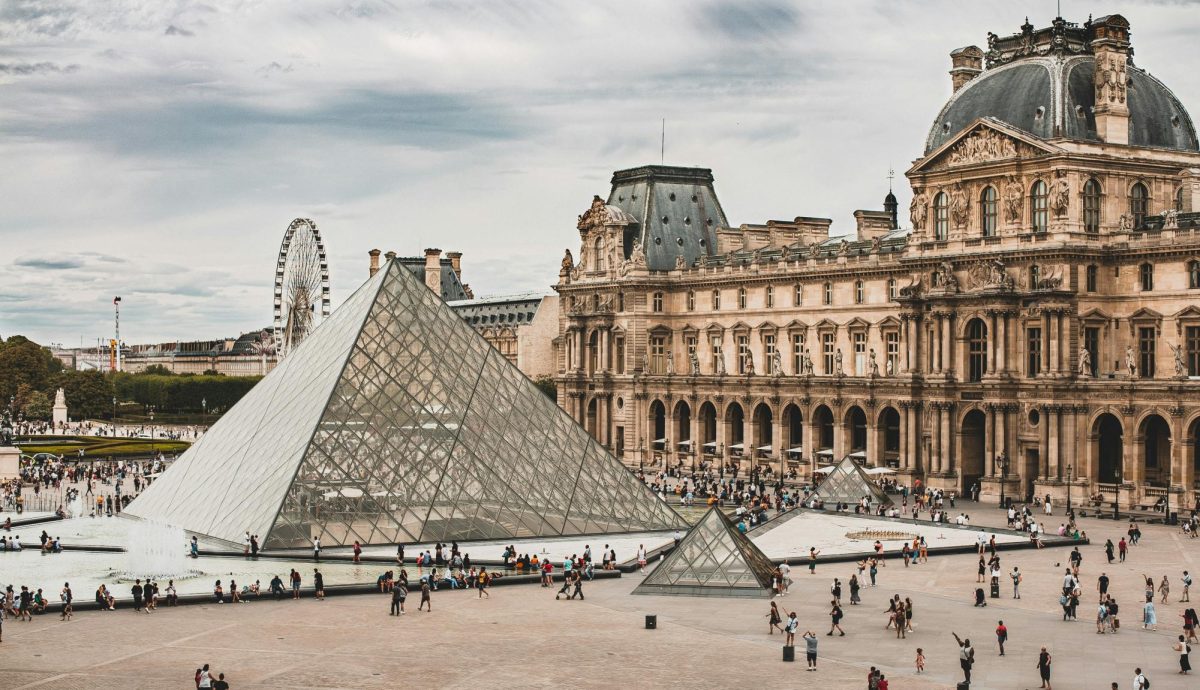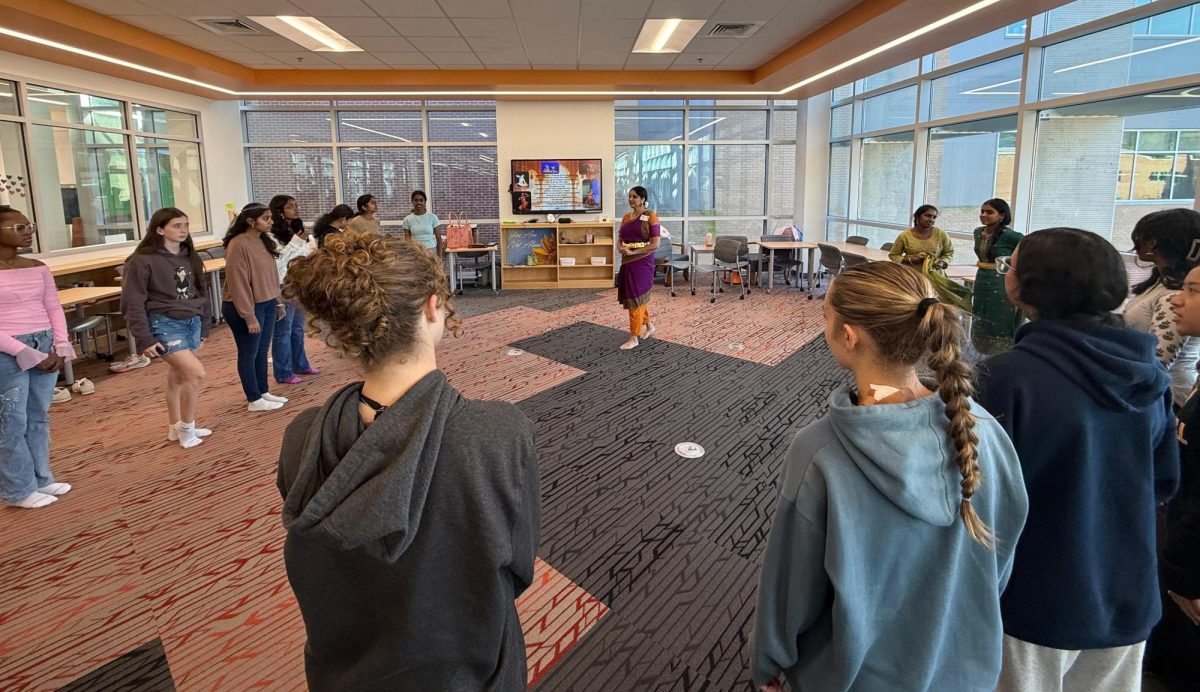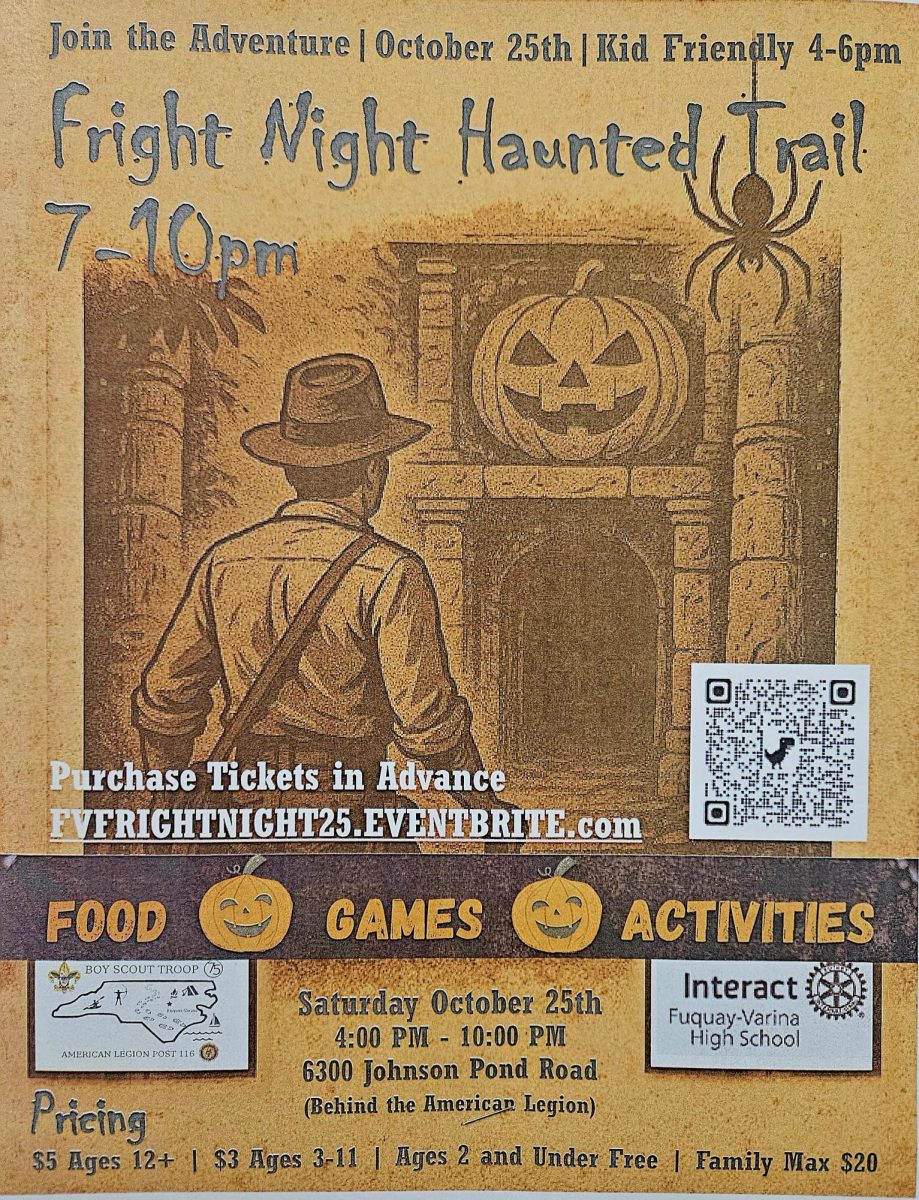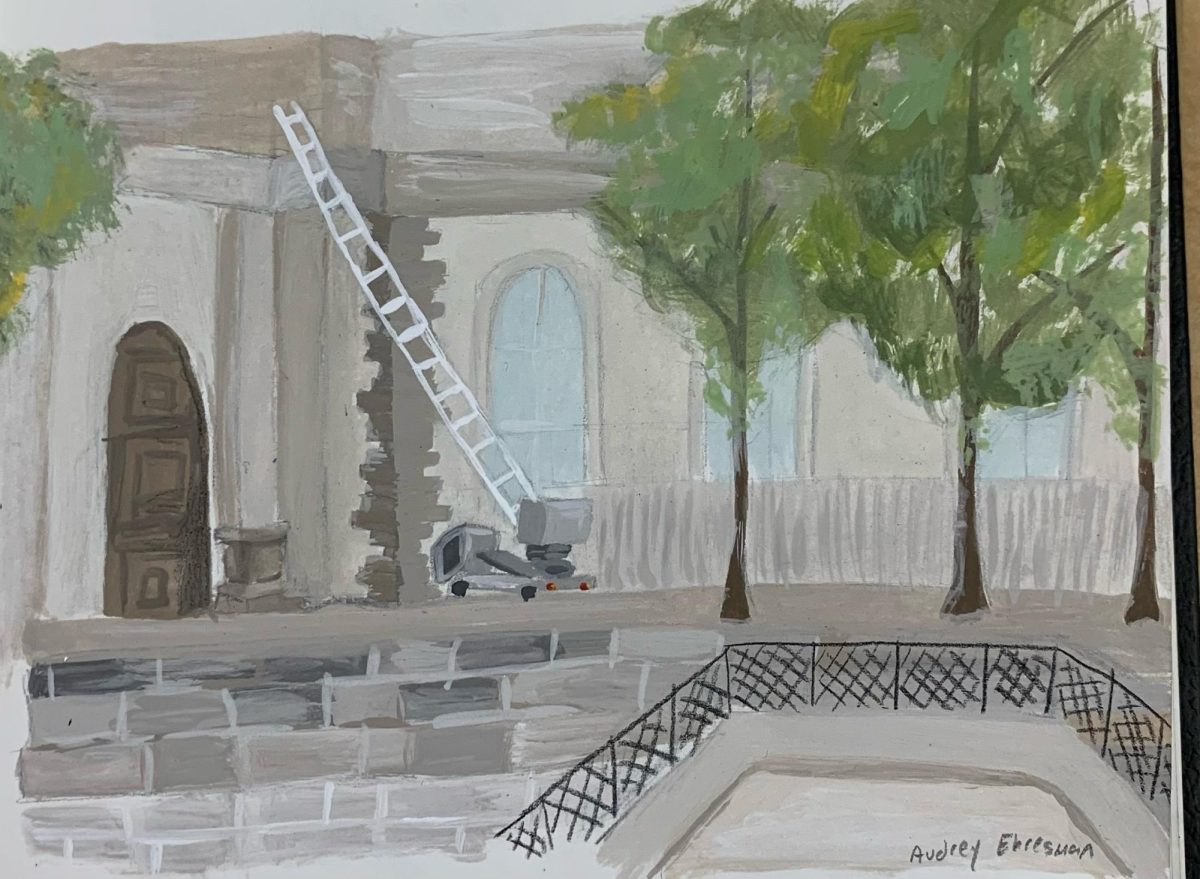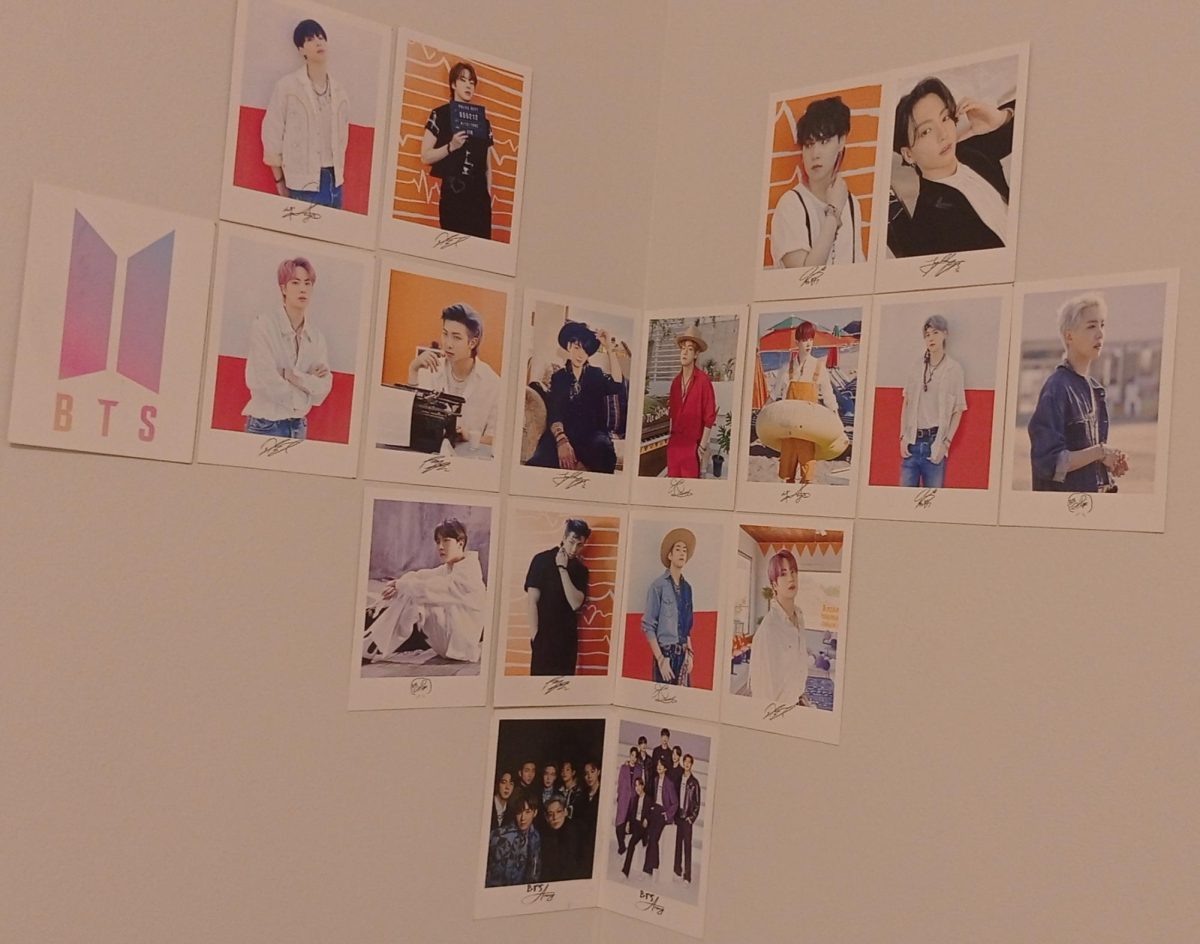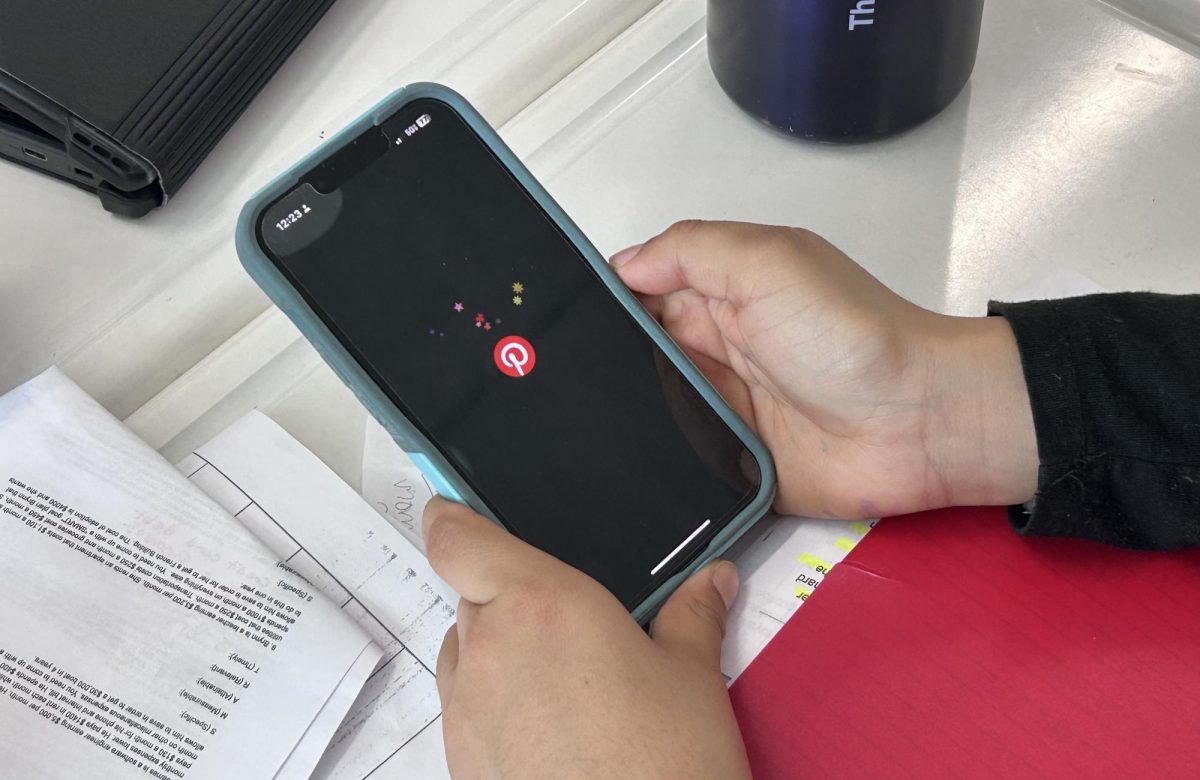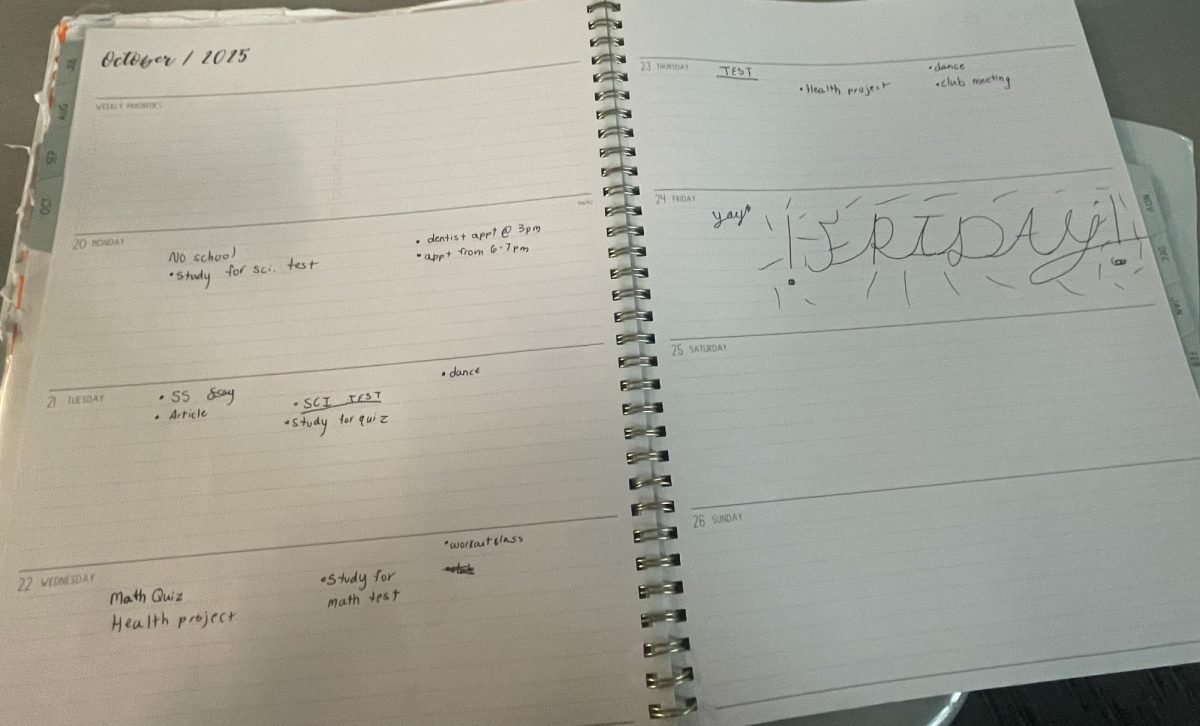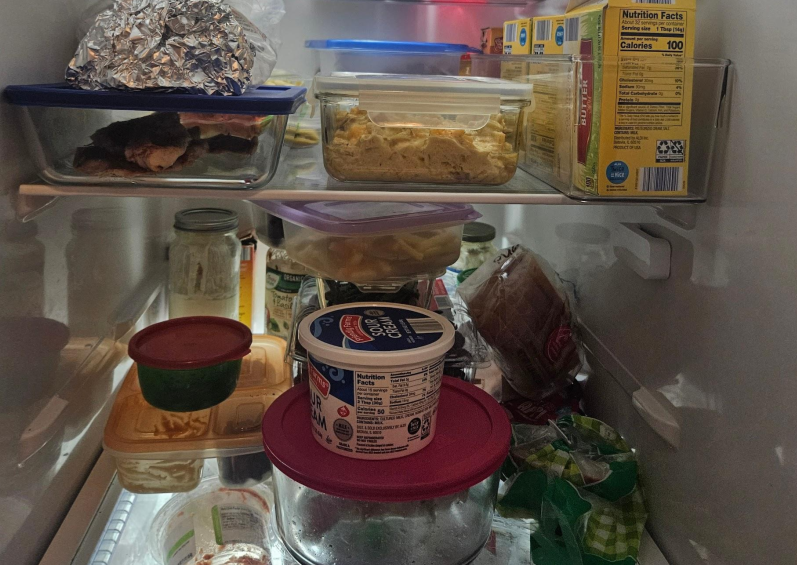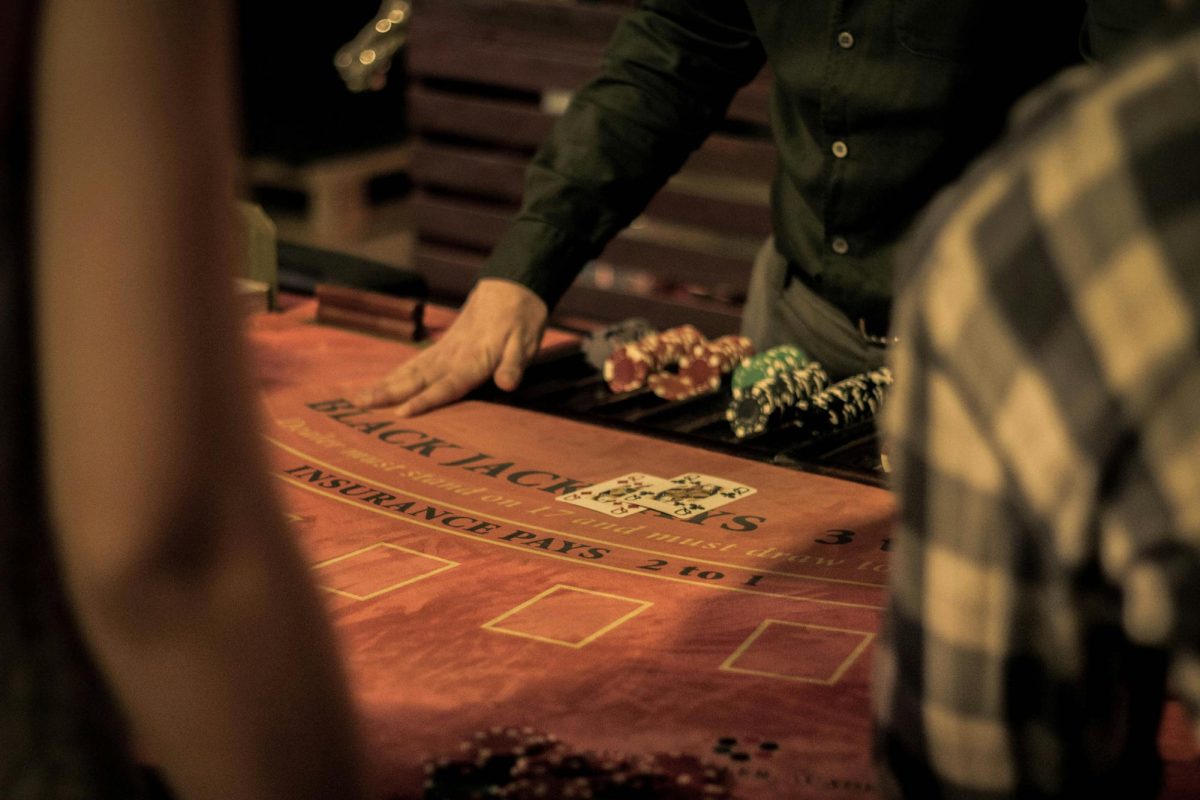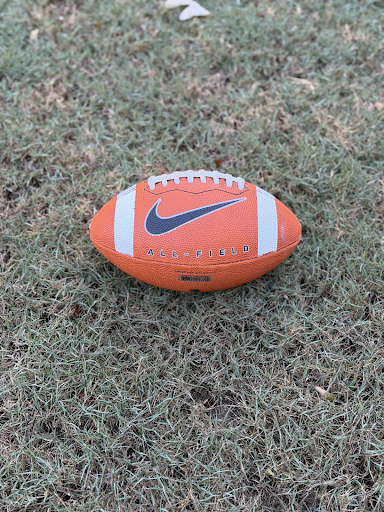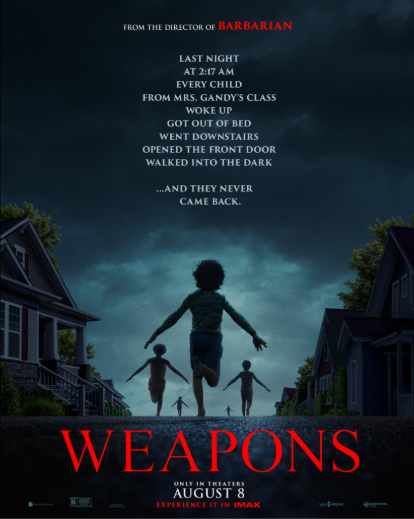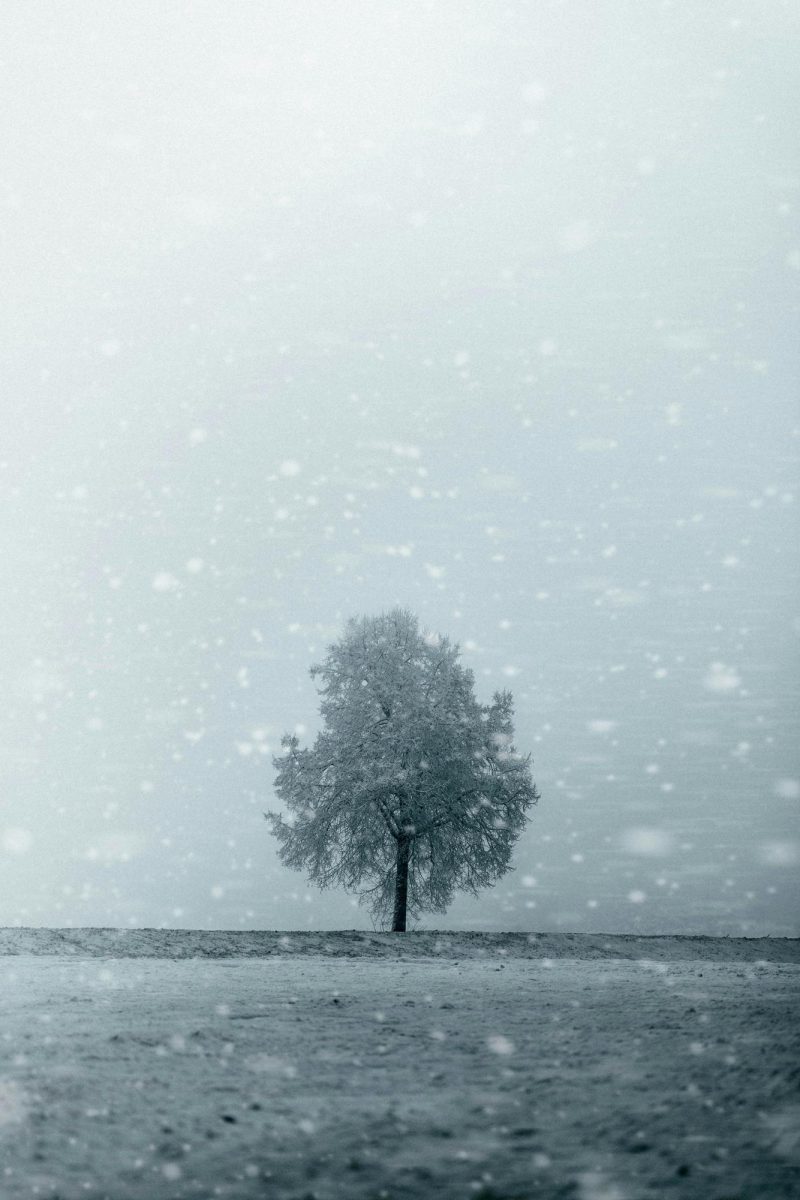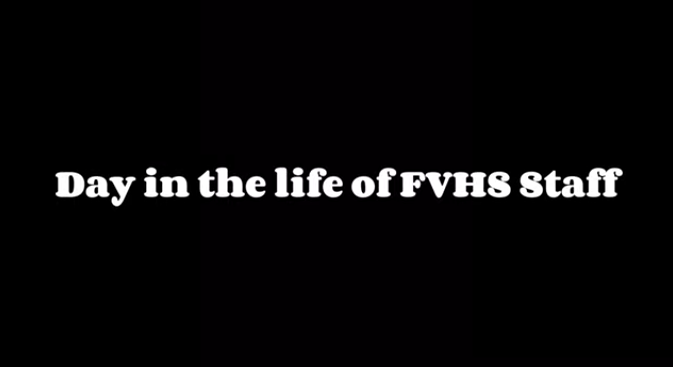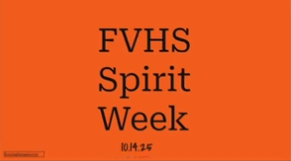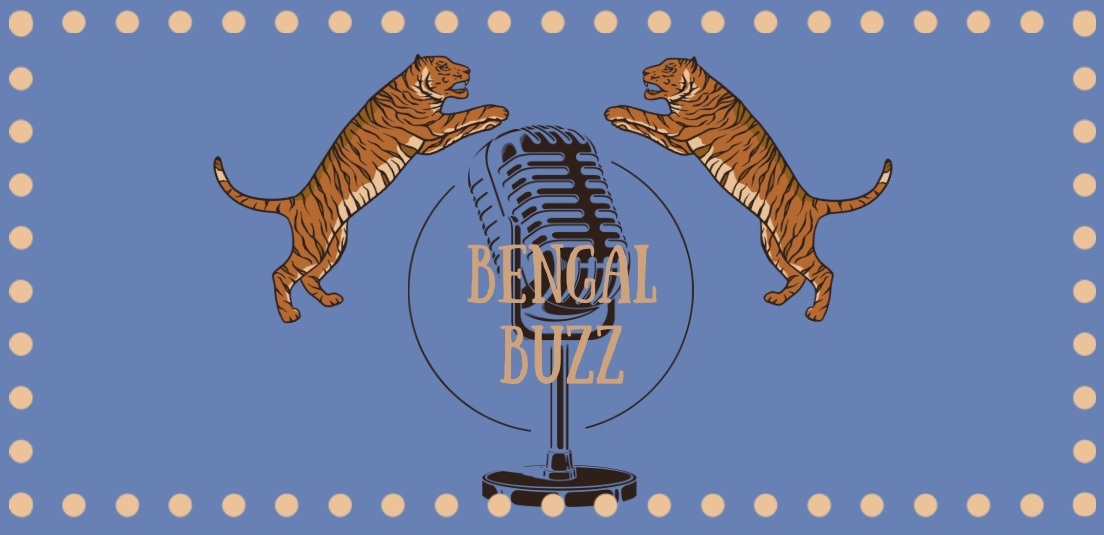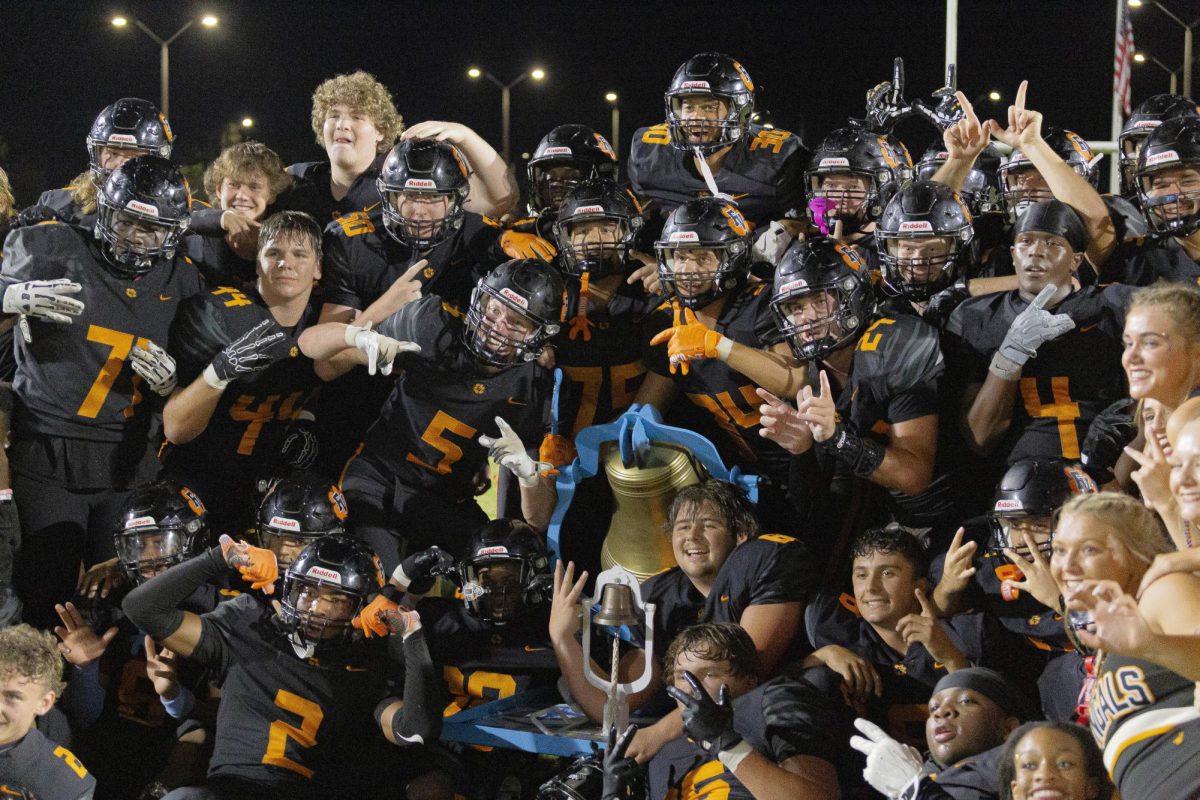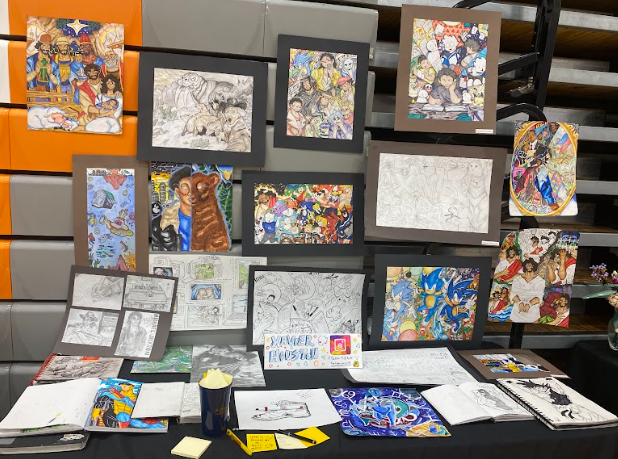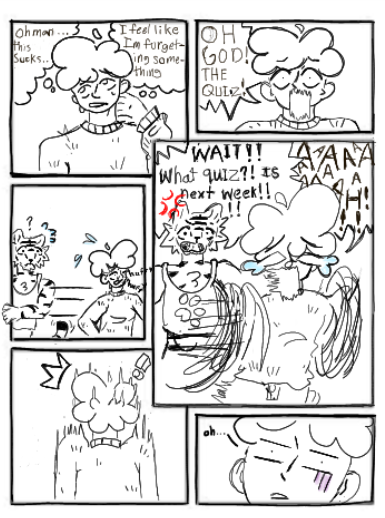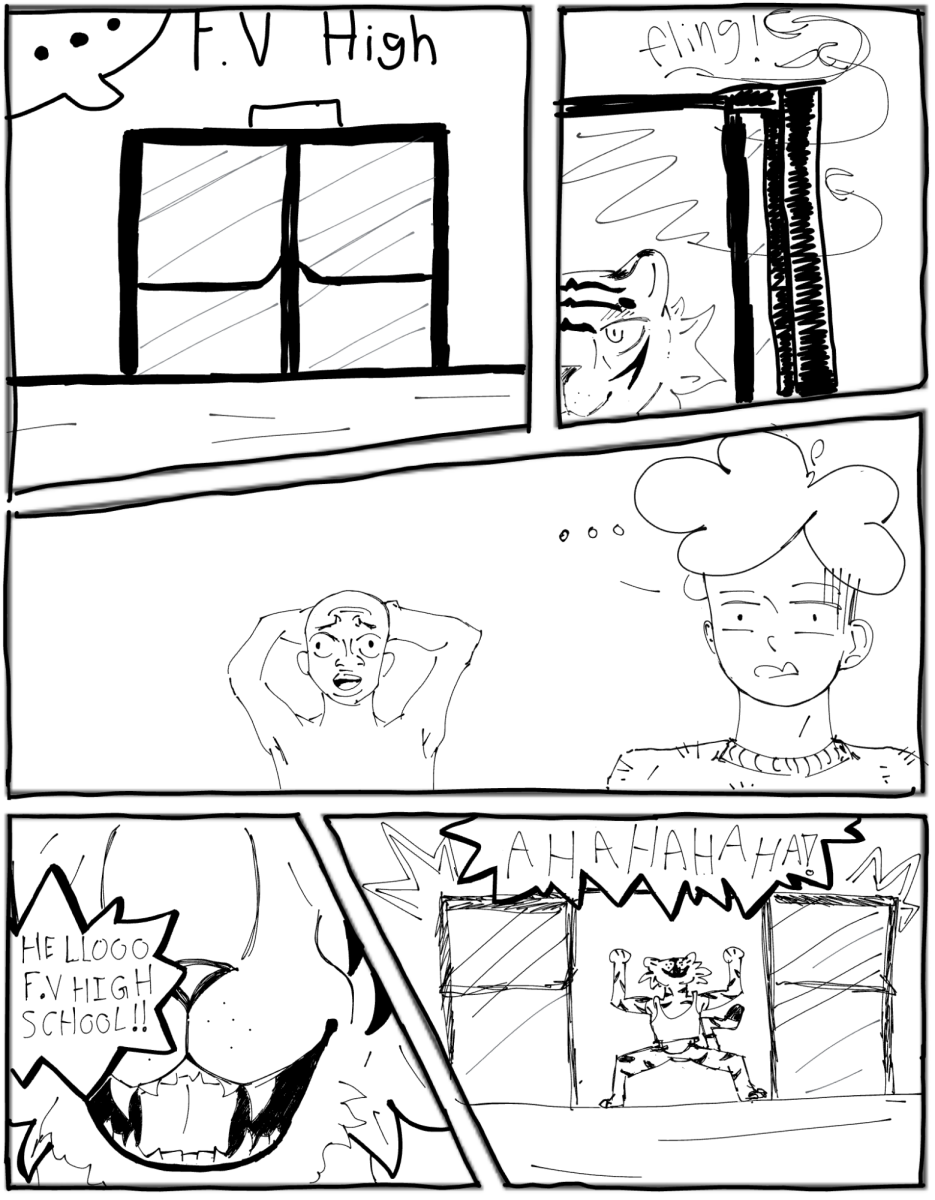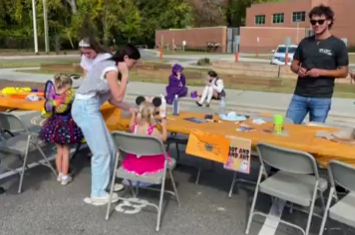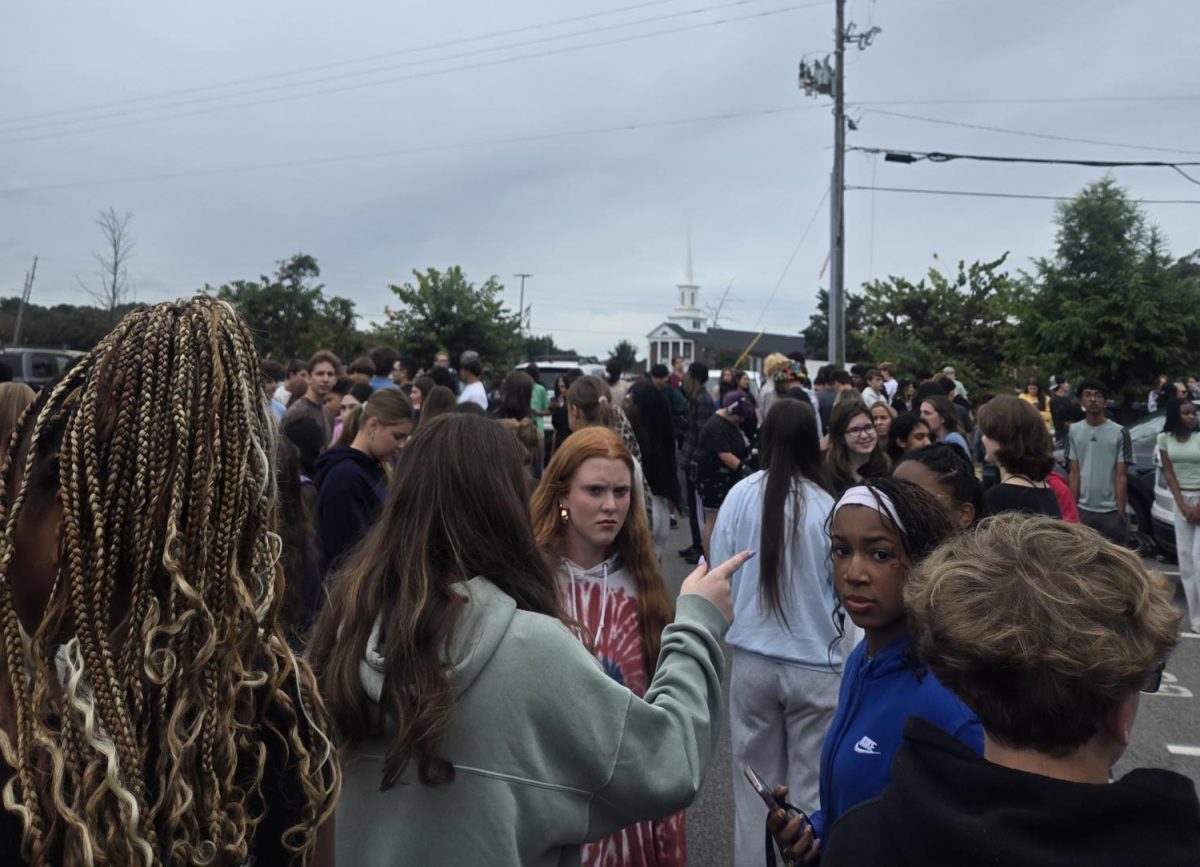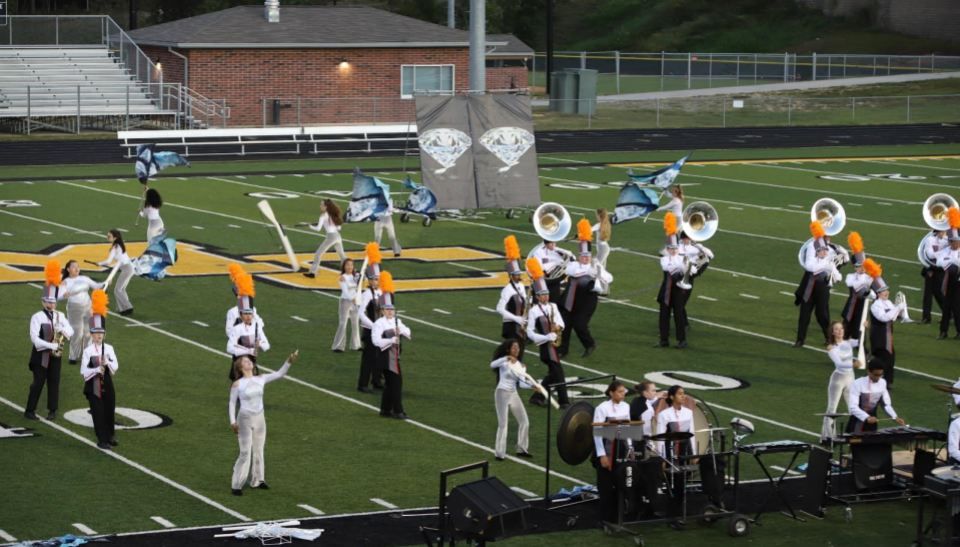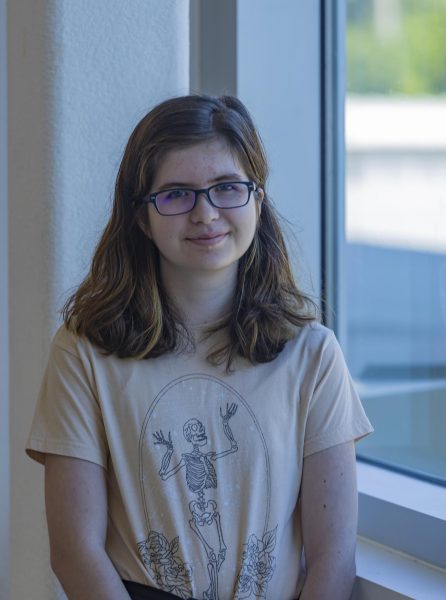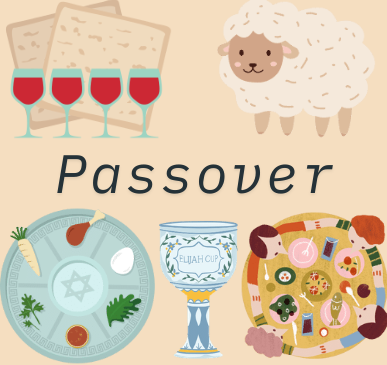
Passover, or Pesach, is the Jewish fast from leavened bread that celebrates the liberation of the Jews from slavery in Egypt. Passover starts at sundown on April 12 and lasts until April 20. April 12 is first Seder, and for those celebrating outside of Israel, there is a second Seder on April 13. Passover is always the 15th day of Nissan, but that is a part of the lunar calendar, so the dates vary each year.
Jews escaped slavery in Egypt to wander for 40 years in the wilderness, as depicted in Exodus, the second book in the Torah. The passover is specifically known for the way the Angel of the Lord passed over the houses with the unblemished lamb’s blood on the door and killed the firstborn sons of homes that did not have the blood. After the many miracles, Jews were rescued by God and learned to have faith in him. Passover is a sort of somber holiday that celebrates survival.
Sophomore Alondra Pagan-Galarza said, “Passover has to do with the enslaved people in ancient Egypt. They are the enslaved Isrealites, and we’re remembering those times so we don’t forget where we came from.”
In the days before Passover, Jews eat or get rid of bread products, or hametz as it’s known in Hebrew. Even things made near wheat or leavened bread are forbidden. This is to remember how the Jews had to run away quickly. Some don’t make beans or rice because they don’t want any of their food to rise at all.
History teacher Gregg Halkuff said, “We always went over to my grandparents house who were very religious, and it was a big deal to my grandpa. He could read Hebrew so quickly and he would read the entire prayer book.”
Seder is a special meal held on the first night of Passover. There is a special order of prayers and then singing scripture or songs. Lamb shank is served to symbolize the lamb that was sacrificed. There are also bitter herbs known as maror, which means bitter in Hebrew, to represent the bad treatment of the Jews in Egypt.
Halkuff said, “There was always a platter of food that we weren’t allowed to touch, and those foods were symbolic. One was like salty water and there was Matzah. Matzah is unleavened bread and the story is that because they ran out of Egypt so quickly they didn’t have time to let their bread rise.”
Another tradition is the Four cups which represent the four expressions of deliverance promised by God. Exodus 6:6-7 explains the sayings as “I will bring out,” “I will deliver,” “I will redeem,” and “I will take.” The first cup is Kiddush, which marks the holy day, and the second called the Maggid goes over the story of the Passover. The third cup is called Birkat HaMazon, and is drunk after the meal. It is seen as the cup of redemption. The fourth cup is the cup of praise called Hallel. It is commonly not drunk entirely symbolizing the hope of the coming Messiah.
Pagan-Galarza said, “We have an extra cup for our meal where we dip our finger into the wine, or grape juice, to symbolize the plagues that happened. You read over the four cups. After the really good dinner, my mom makes her world famous brisket and we have chocolate matzah.”
Many people have the tradition of hiding half of the matzah called afikomen. The matzah is cut into three parts, one eaten, one sacrificed, and the other is hidden.
Pagan-Galarza said, “The afikomen is hidden when everybody’s distracted at the meal. Once it is started to be searched for, no one eats until the next day [morning].”
Some one, or a group of kids would hide the afikomen. After it was hidden, the search would begin.
Halcuff said, “We hid the afikomen. So, [the adults] would have a piece of Matzah on a plate, and then at some point, they would uncover it. Then they would have the kids, when we were young, hide it. I remember my grandfather would have to look for it. He never could find it and then he would give us like $10.”
There are two other traditions a lot of Jewish people do to celebrate Passover. Apples, cinnamon, and walnuts are eaten to remember the bricks the Israelites carried to build. Jews leave the door open for Elijah to come in. Since Elijah went to heaven, Jews wait for him with an open door and a cup for him to drink.
Be ready to join us next week when we end our series with Easter, the holy day of spring for Christians celebrating the resurrection of Jesus.


